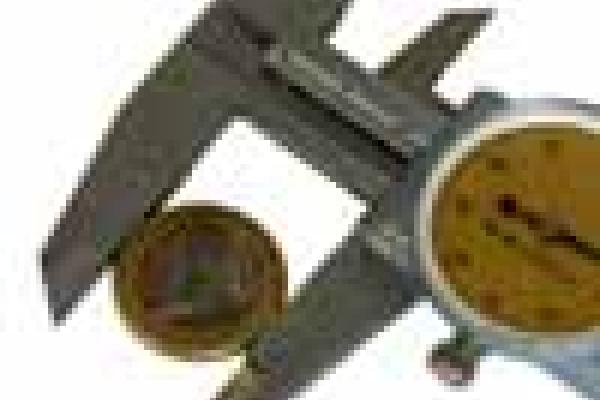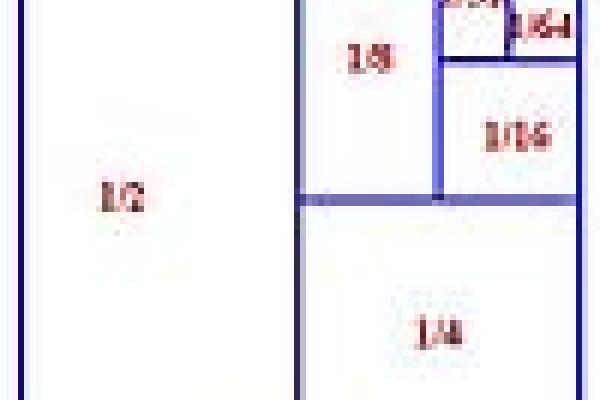Article
Article

Outer space: A collector's piece
Collecting chances
Article

Omega and why maths has no TOEs
Kurt Gödel, who would have celebrated his 100th birthday next year, showed in 1931 that the power of maths to explain the world is limited: his famous incompleteness theorem proves mathematically that maths cannot prove everything. Gregory Chaitin explains why he thinks that Gödel's incompleteness theorem is only the tip of the iceberg, and why mathematics is far too complex ever to be
described by a single theory.
Article

ART+MATH=X
Carla Farsi is both an artist and a mathematician, who declared 2005 her Special Year for art and maths. Find out what she got up to, and what it's like being a part of both worlds.
Article

I'm not paying that!
It's not that long ago that all you needed to run an airline was a few planes and some competent pilots. But now, with more of us zipping around the globe every year and the advent of no frills airlines, keeping an airline competitive has become a complicated business. Christine Currie explains how your airfare is calculated.
Article

Crime fighting maths
Maths is not the first thing that springs to mind when you think about fighting crime. But a closer look reveals that it is behind many of the techniques that modern detectives rely on. Chris Budd investigates.
Article

Einstein as icon
One hundred years ago, in 1905, Albert Einstein changed physics forever with his special theory of relativity. Since then his name — and hair do — have become synonymous with genius. John D Barrow looks at Einstein as a media star.
Article

A bright idea
What do computers and light switches have in common? Yutaka Nishiyama illuminates the connection between light bulbs, logic and binary arithmetic.
News story

How to measure a million
The risks in Who wants to be a millionaire?
Article
Editorial, mathematics education, mathematics in the media, public understanding of mathematics, adrian smith
- Where is the next generation? - more bad news for maths education.
- Can Plus cure crazy scientists? - the science stereotype persists.
Article


Outer space: The rule of two
The maths of infinite series
Article

Life as we don't know it
Physicist and cosmologist Paul Davies has made an unusual move into the infant discipline of astrobiology. He tells Plus about his interest in the big questions: what is life, how would we recognise aliens - and are they all around us?